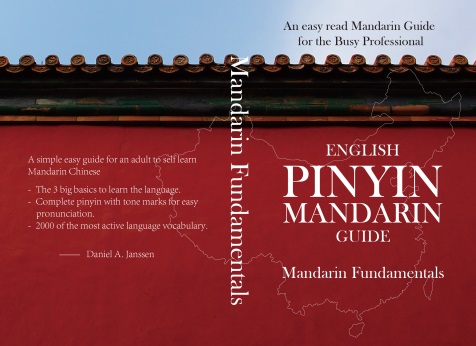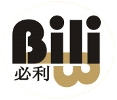Mandarin Fundamentals Dictionary (FREE!)
This book is comprised of the first 2000 words I learned in my first five years in China. I am a forty year old Canadian that moved to China in 2003 looking for new opportunities and to learn a second language. With a couple of crash courses in Vancouver, I felt prepared and headed to China. Mandarin Level 1 helped but quickly found I needed help with everything, and I mean everything. I did not have time or interest for that matter to go to school so I started a self-learning process and figured it out as I worked and lived.
This is a free guide compiled from the last ten years learning Mandarin Chinese. I took the basics from crash courses, and my experience to form a simple guide to help many of my foreign clients and friends pick up the basics. If you’re not planning on taking an official Mandarin Language Training Course then a quick reference guide like this will help you understand the fundamentals for building the Chinese language foundation. Skip the fundamentals and you will not learn the language well and likely only form a bunch of bad habits.
The tone based language is rated as one of the hardest language to learn in the world, add the cultural differences and you’re in for a real journey. China has advanced a lot since 2005 and more and more Chinese are speaking English so the need to learn the language properly is not required for mature adults unless you’re looking at having official recognized Chinese certifications. They are the HSK tests. (Hànyǔ yǔyán shuǐ píng kǎoshì. 汉语语言水平考试.) To be certified probably best you go to the best language schools and study like a student or take one of these many pockets books and learn the fundamentals and the common most active language suitable to your purpose or work.
This was my first two thousand words and the simplest way I could have learned this language with my busy life style. To simplify this complex language I broke it down to three fundamental things you need to learn:
- The basic structure of the language. (Grammar)
- Vocabulary. (A bunch of words.)
- How to speak those words. (Pronunciation.)
Structure:
The basic structure of the sentence is the same as English (subject – object – verb) and described in simplified form in the following sections.
Vocabulary:
This is just words. The 2000 words here are most general for a normal guy who got married and started a business in China. Of course the words you will first develop will be associated with what you’re doing in China.
Pronunciation:
The Pinyin (pīnyīn 拼音) system was developed in the 60’s to help the Chinese pronounce Chinese words. Since the Chinese character has no phonetic sound pinyin was developed. Pinyin simply uses Roman characters with a tone mark.
Click the book cover below to download this free “Mandarin Fundamentals” guide.


